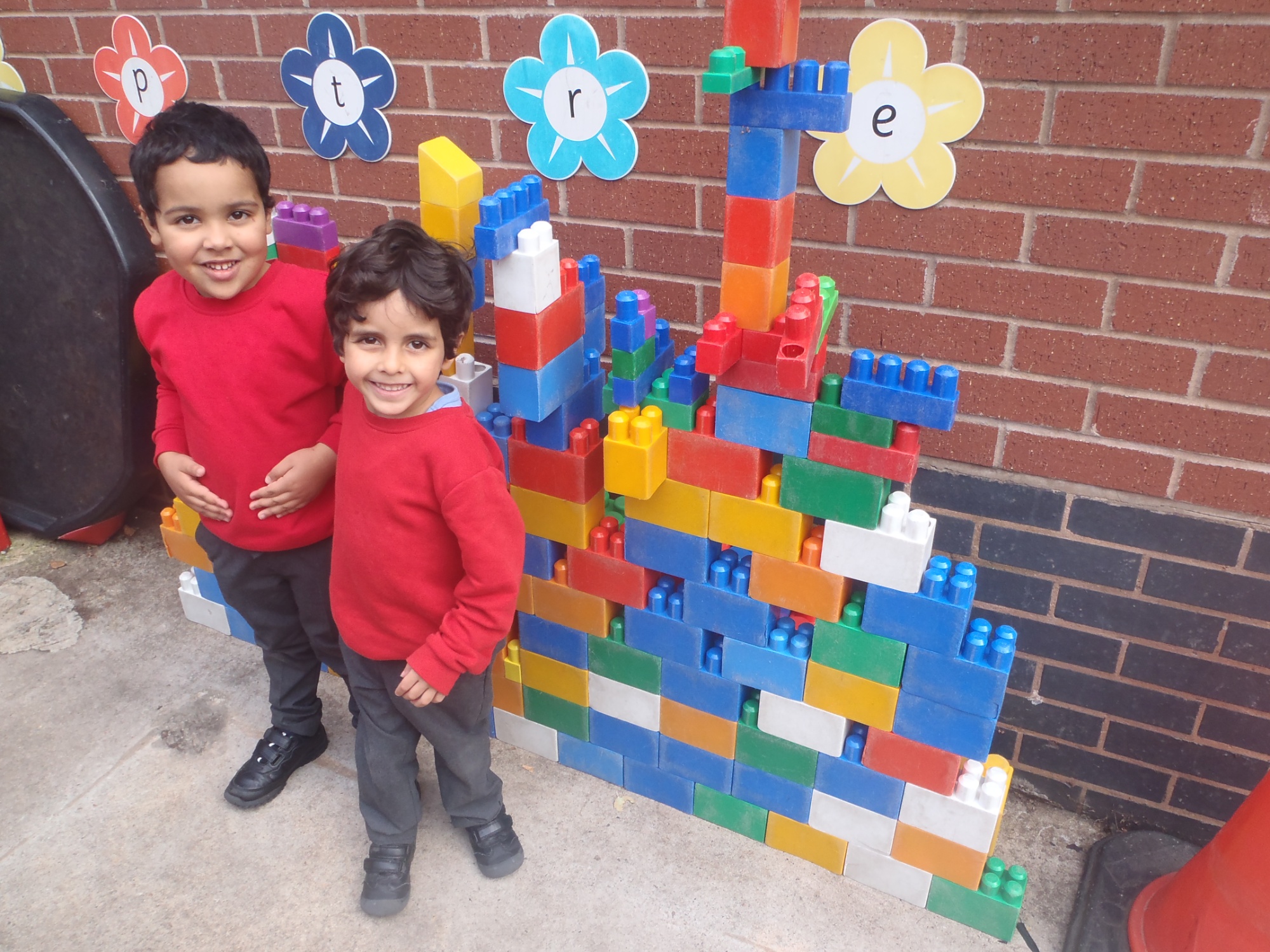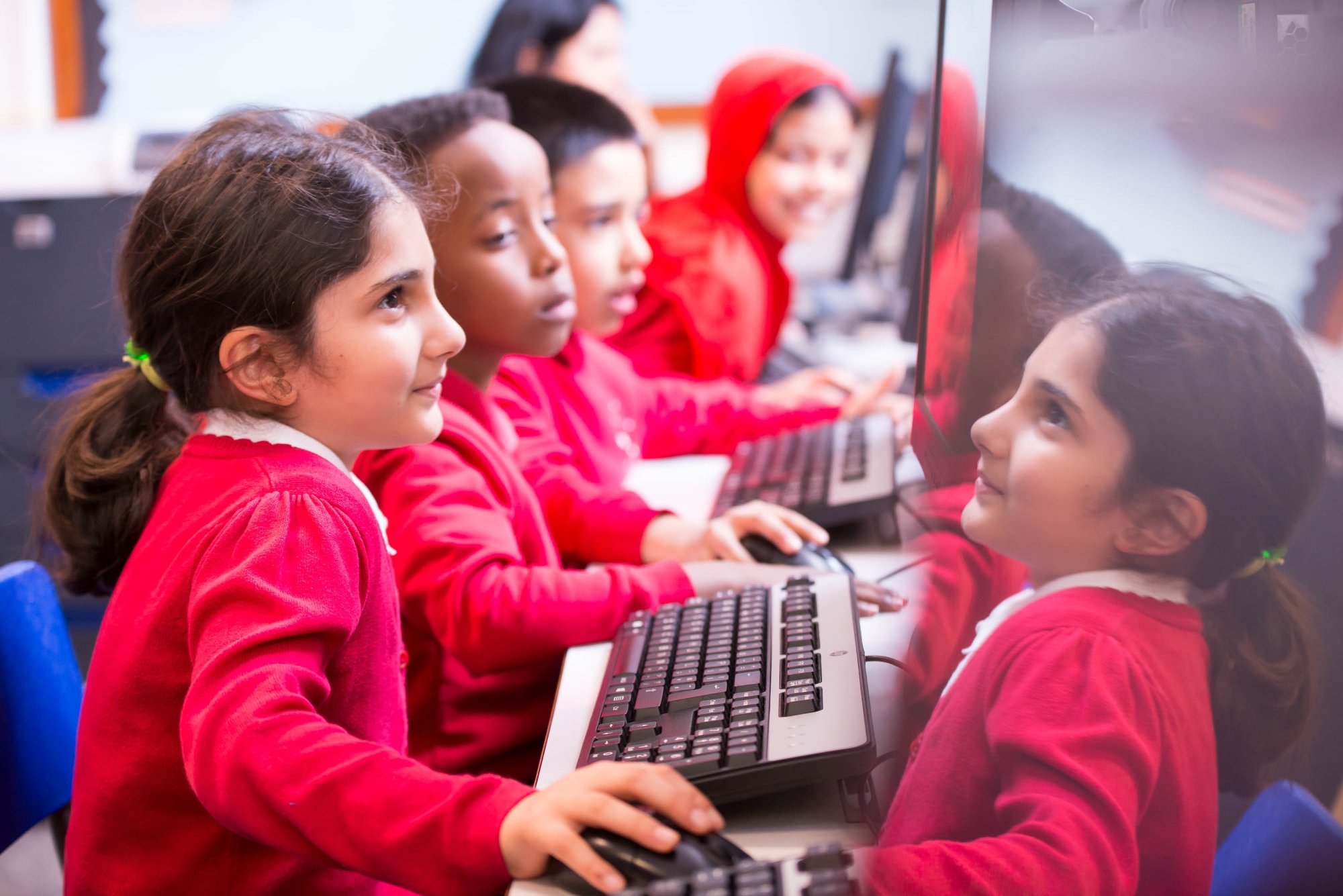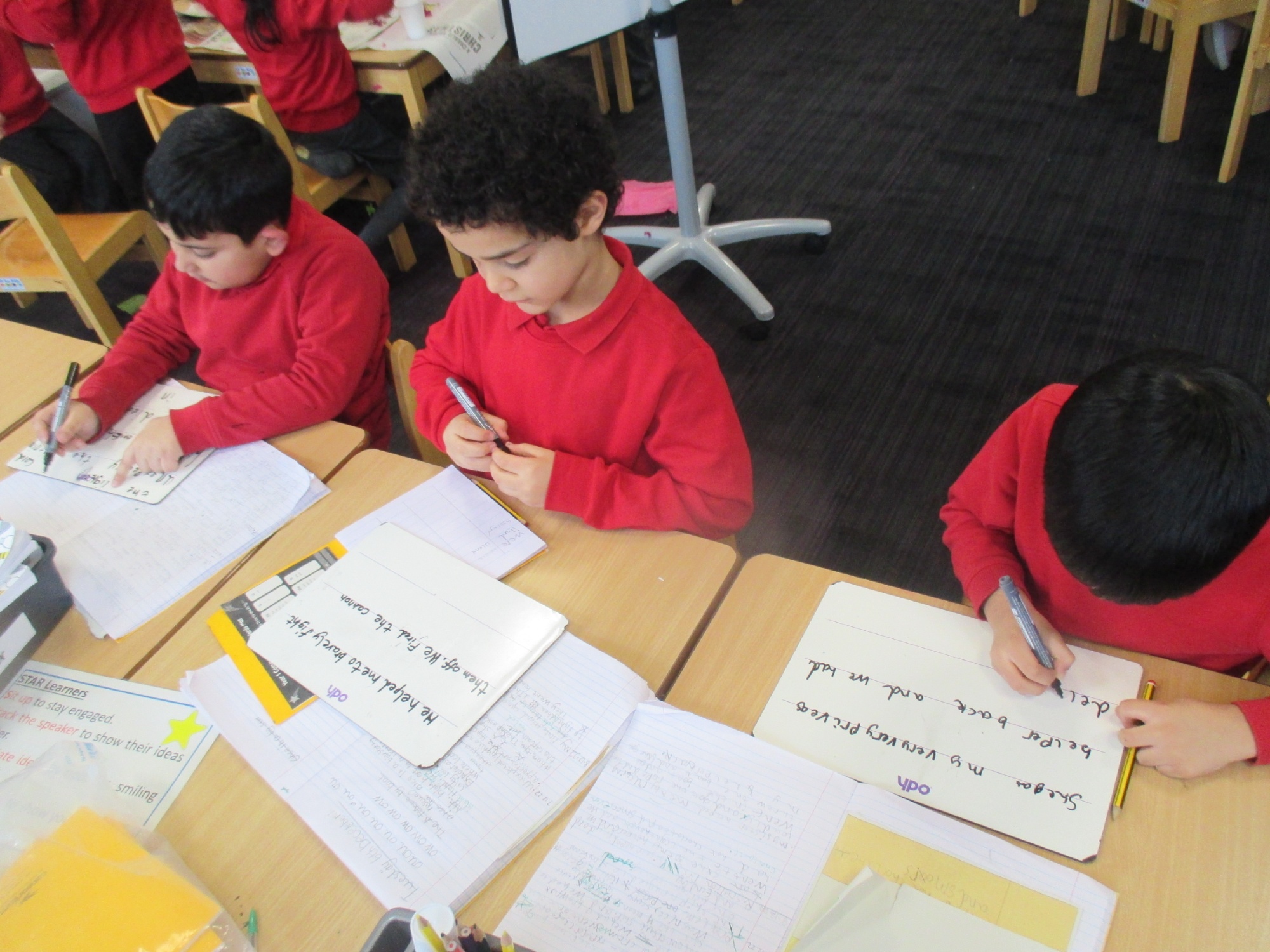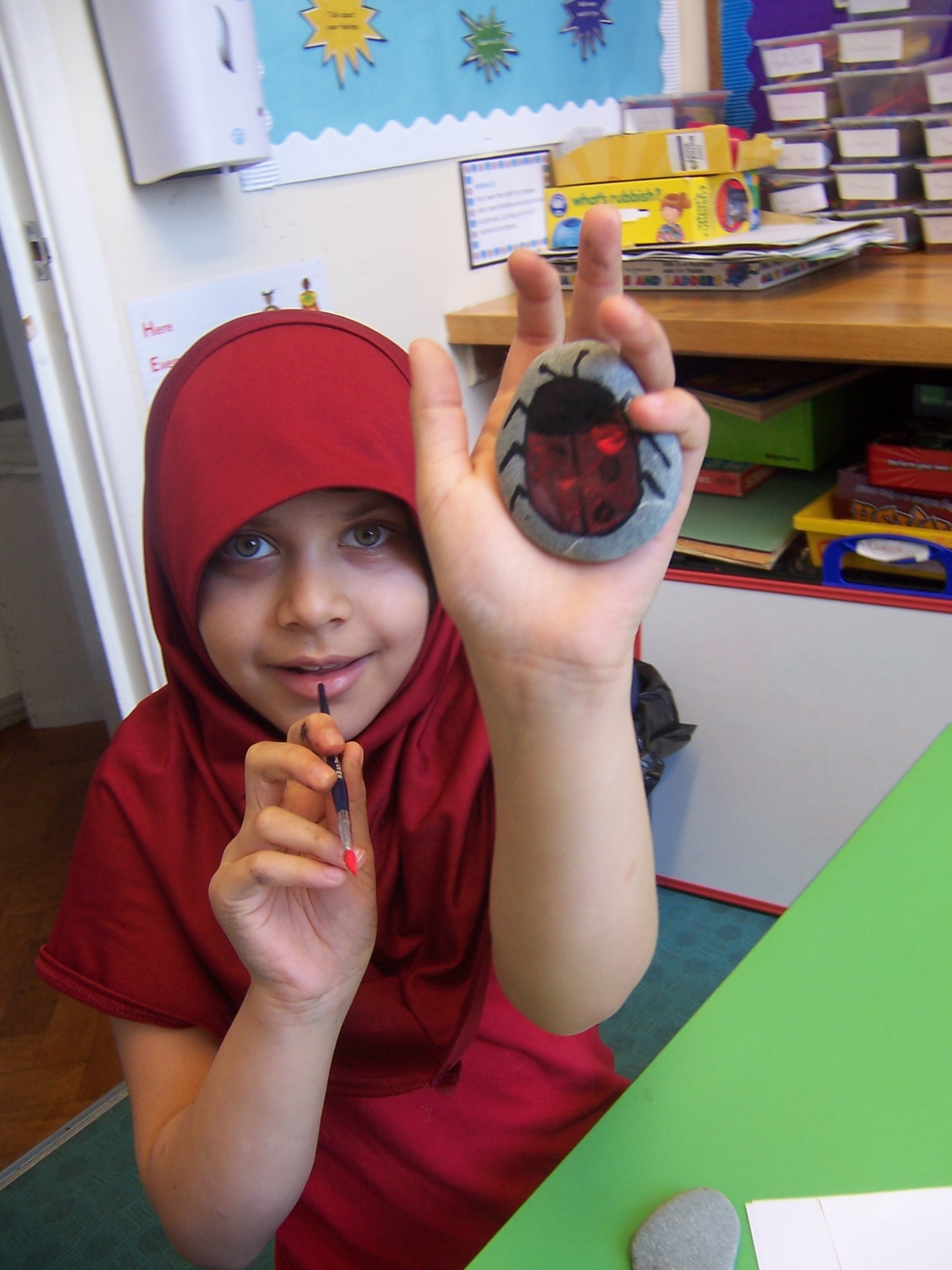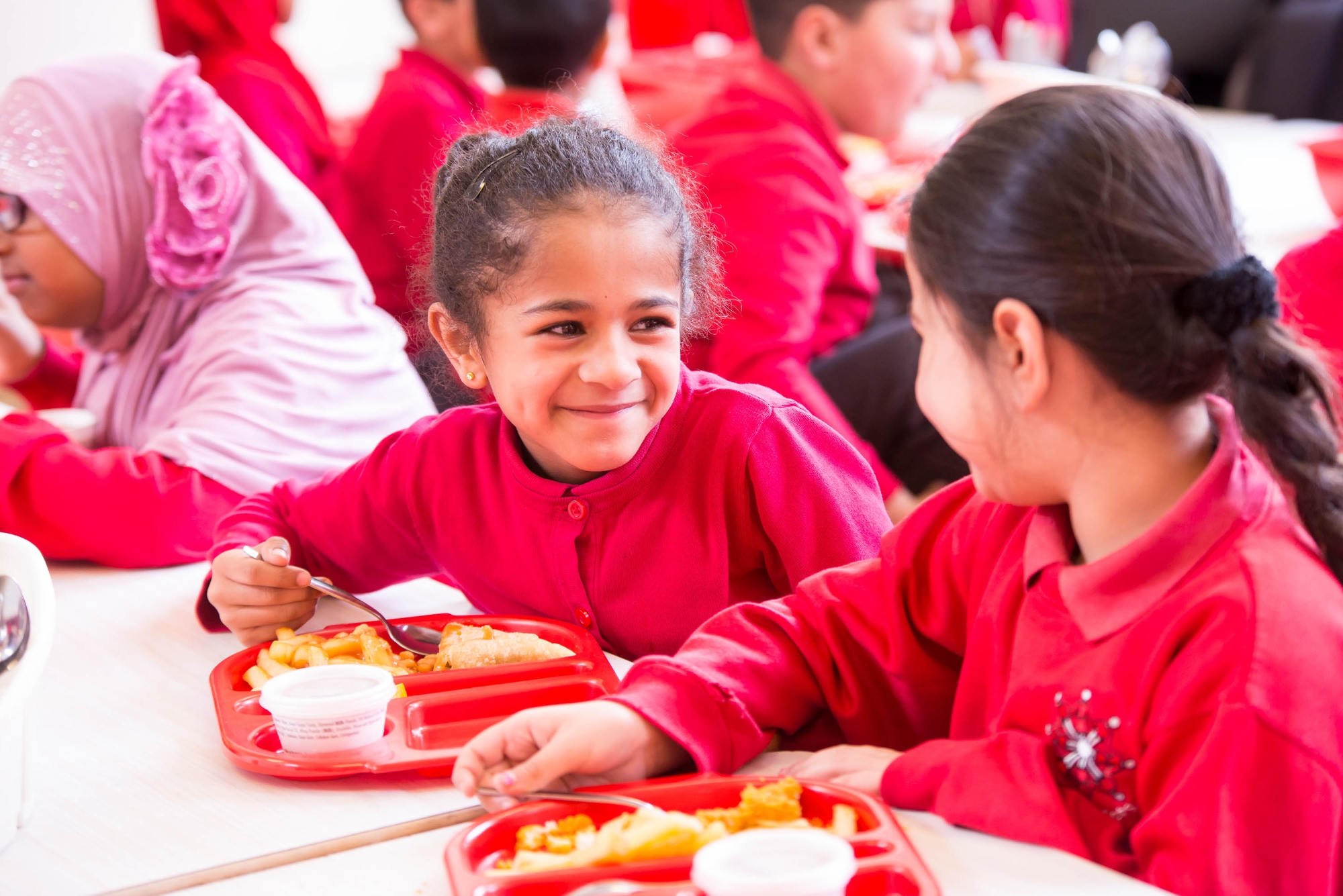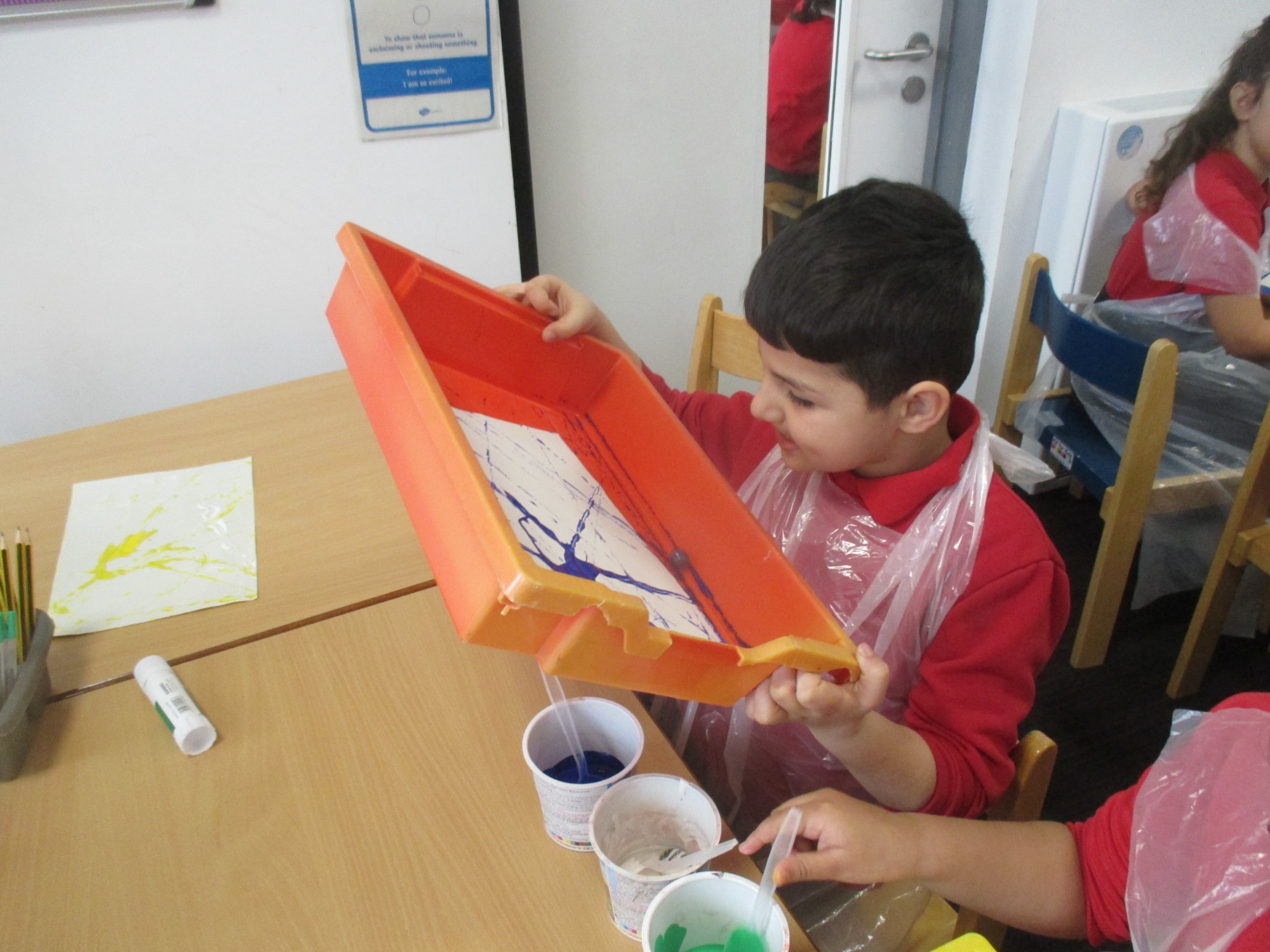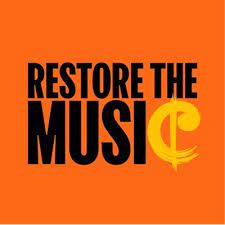Music
Primary School of Music
Intention
What are we trying to achieve?
Our music vision and values are underpinned by the UN Children’s Rights.
Article 29: Education must develop every child’s personality, talents and abilities to the full.
Article 31: Every child has the right to relax, play and take part in a wide range of cultural and artistic activities.
We are enjoying our right to take part in musical activities, and fulfilling our creative dreams.
We are ambitious musicians.
We are musically motivated, make progress and perform with confidence.
We are resilient musicians.
We persevere when facing new musical challenges.
We are respectful musicians.
We appreciate and respect the music of all cultures.
Our vision for music is part of our wider plan for performing arts at St. Benedict’s Primary and our work towards Artsmark.
Implementation
How do we organise this?
Welcome to Royal Birmingham Conservatoire, St. Benedict's Primary SCHOOL of MUSIC!

We are very proud to announce this trailblazing partnership with Royal Birmingham Conservatoire. We are now the first, and only, primary partnership school for RBC. Look out for many more exciting music opportunities.Our pupils are able to listen to, appreciate, enjoy and perform alongside world-class musicians!
Ustad Johar Ali Khan visits St Benedict's
Music Curriculum
All pupils participate in a weekly music lesson. Each class will experience specialist lessons with the Royal Birmingham Conservatoire using their bespoke curriculum. Class teachers team teach alongside specialists to develop their own skills and knowledge.
Class teachers also continue to use the Charanga music scheme to support their music teaching as we move towards embedding the RBC’s curriculum.
In the UK, the primary school music curriculum aims are set out in the National Curriculum for Music, which outlines the expectations for what children should learn and experience in music during their primary education. These aims focus on the development of musical skills, knowledge, and creativity. The main aims are:
-
Performing: Pupils should be taught to sing and play musical instruments with increasing confidence and skill. This includes opportunities for them to perform both individually and as part of a group, learning to appreciate different styles and genres of music.
-
Composing: Pupils should have the opportunity to create and compose music. This includes using instruments, voices, and technology to make original pieces of music, and exploring how to combine different elements (e.g., rhythm, melody, harmony) effectively.
-
Listening and Responding: Pupils should develop the ability to listen to a variety of music and respond to it critically. They should be able to recognise and identify different elements of music such as rhythm, pitch, dynamics, and timbre. Pupils also explore music from different historical periods, cultures, and traditions.
-
Understanding and Appreciating Music: Pupils should gain an understanding of the history of music, the role of music in different societies, and the importance of music in culture. This includes the study of different composers, musical traditions, and genres.
-
Developing a Love of Music: One of the broader goals is to foster a lifelong appreciation and enjoyment of music, enabling children to develop a positive and confident attitude toward music.
|
Ukulele tuition for all pupils in year 3 |
Ukulele tuition for year 4 electives |
Ukulele after school club for year 5 and 6 |
|
Whole school signing practise
|
Playground songs and games |
Opportunities to see and hear professional musicians perform and to perform alongside them |
|
After school vocal club
|
After school composition club |
After school folk music club |
|
Rocksteady Musical tuition |
Drumming lunch time club |
St Benedict’s Got talent contest |
Musical instruments
Restore the Music awarded us a £10,000 grant to purchase new musical instruments in July 2023. This has enabled us to fully equip our music curriculum and to provide a wide range of musical instruments from a range of cultures. Our instruments include: class sets of glockenspiels, recorders, ukuleles, dhol and djembe drums plus a wide range of percussion instruments.
Music and Arts Centre
We have a dedicated room for storing and using our wide range of instruments. Weekly music lessons and music tuition take place in the MAC. Our pupils look forward to working in this creative and special place!
Specialist tuition
In Year 3, all pupils receive specialist music tuition from our local music hub and learn how to play the ukulele. In Year 4 there is the option of continuing to learn to play the ukulele and tuition continues for elective pupils. In Year 5 and 6, pupils can elect to continue ukulele tuition and this is provided through an after-school club.
Additionally, our local music hub also provides specialist tuition in drumming. We provide an after-school club in djembe and dhol drums.
Rocksteady Music School delivers weekly tuition on electric drums, guitars and keyboards.
https://www.rocksteadymusicschool.com/
Performances
For 2024- 25 we have planned music concerts each term. There are separate ukulele, Rocksteady, djembe and dhol drum performance scheduled. We are also planning for opportunities for our pupils to perform to the wider community and other schools.
In the Autumn and Spring terms, we have planned community festivals, to combine music and cultural celebrations. In the Summer, there will be an Eid Mela which will bring together opportunities for music, dance and art.
Continuous professional development for staff
We recognise that to raise standards in music for our pupils, we need to invest in our staff. This year we have a robust plan of CPD in music for staff, delivered by the Royal Birmingham Conservatoire music specialists. As well as this, teachers develop musical expertise by working alongside the RBC musicians and team teaching their music lessons.
Impact
How do we know it is successful?
The impact of our music curriculum is heard clearly in our school, through the quality of lessons, music produced and the feedback from our pupils and staff. As part of our monitoring cycle, we complete an annual full Music Review: lesson observations, staff voice, pupil voice and an audit and creation of a Music Development Plan. The details of our Music Development Plan can be seen below.
Reviews that the planning and delivery of our music curriculum was of a very high standard. We will continue to monitor to ensure that pupils become more secure in their musical knowledge and skills over time.


